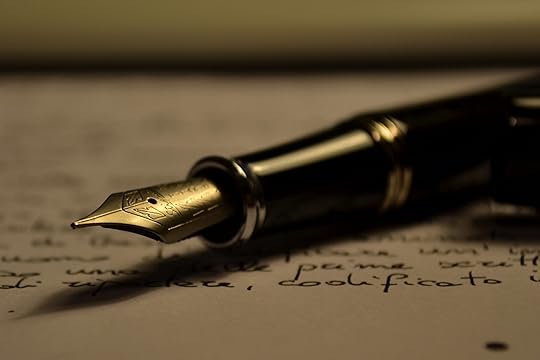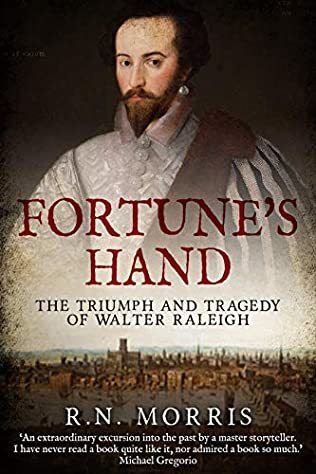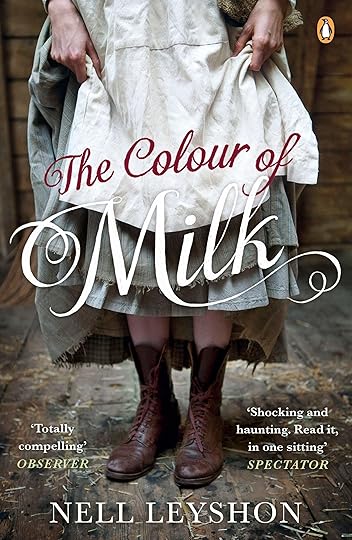Deborah Swift's Blog, page 21
September 4, 2020
Building Blocks of Historical Fiction no 3 – Art and Artifice #HistFic
 What does historical novel give you that film or television doesn’t? The answer is a total and intimate immersion. The language we use in a historical novel is what immerses us in time and place. Our word choices matter, and every choice we make impacts the reader from the inside. This doesn’t mean we have to use the language of the chosen period, or there’d be no instantly comprehensible novels about medieval England, as those who have studied Chaucer in the original will testify. (There are one or two notable exceptions to this, but not many.)
What does historical novel give you that film or television doesn’t? The answer is a total and intimate immersion. The language we use in a historical novel is what immerses us in time and place. Our word choices matter, and every choice we make impacts the reader from the inside. This doesn’t mean we have to use the language of the chosen period, or there’d be no instantly comprehensible novels about medieval England, as those who have studied Chaucer in the original will testify. (There are one or two notable exceptions to this, but not many.)
Of course if you take the time to study old English it then becomes comprehensible, but most readers want to be ‘inside’ the experience quickly. They don’t want to have to study before they can take the journey into the past. In a way, this explains the popularity of familiar periods over less familiar ones – the reader has already, in some small way, studied the period by reading other novels of the era.
Our job as writers is to make the study of the period effortless; to provide enough detail in the story to convince the reader they are there, walking the streets of a previous century, and this must be done in language that feels appropriate for the era. I have just been reading ‘Fortune’s Hand’ by R N Morris, about Walter Raleigh. (Review soon). It is a fine example of what writing can do that films can’t. For one thing, his opening gives us the point of view that is everywhere and nowhere – the ultimate God’s eye. We see an acorn as it grows to an oak, and then how it is transformed into creaking timber, and finally a ship. The world of the ship is of vital importance to all that Raleigh is and will become.
This is a leap of the imagination that is almost impossible to do in film, for us to transform ourselves in our imagination from a God’s eye view one moment and then to zoom into the inside of an inanimate object the next, and for that object to give us its point of view. What’s more, it can be done in beautiful language – language that you might never experience in every day life.
“The stem writhes as it grows, whipping the air. It is almost too fast for itself, has not the strength to support its vaunting height. Quick, quick, quickening, it girds itself with growth, thickening into an adolescents tremor.
I see the parting and spreading of the roots, the restless subterranean colonisation. It is the nature of all life, the urge to encroach.
I see the orb of the heavens wheel about. I see the Sun on its ceaseless course, a bouncing ball across the horizon. The waxing and waning of countless moons. The slow strophes of an eternal dance sped up into a frantic jig.”
So what is beautiful writing? Hmm. A hard question.
It is like art; hard to define, and one person’s art may be another person’s poison.
It can be a prose poem, as in Fortune’s Hand.
Or it can be much simpler – the exact choice of word used to convey a precise effect that transports you simply and confidently into the scene.
Here is Nell Leyshon’s The Colour of Milk, and barely literate 15 year old Mary in 1831:
“the day it started was not a warm day to begin. no it was a cold day to begin and the frost was on every blade of grass. but then later the sun did come up and the frost went and then the birds were all starting up and it was like the sun was in my legs for i got the feeling that i get. it goes into my legs and then goes up into my head.
the sap was rising up through the stems and the leaves were unfurling. and the birds were putting a lining in their nests.”
 Notice how bold these extracts are. How they are not like the language that we use every day. In Leyshon’s she has dispensed with capital letters, and allows her protagonist to repeat ‘and’ and ‘then’ the way a young girl might. In Morris’s extract we see language we would never see in a newspaper – ‘vaunting’, ‘girds’, ‘strophes’. The writer is transporting the reader by the use of language. Of course it doesn’t always work, and too much artifice can make a novel tiring to read, but one of the joys for me as a writer is to tread the edge of what might be possible with language. I have even invented words in a few of my novels. (If you spot one, and can tell me what it is, you can have a free copy of my new one when it’s out!)
Notice how bold these extracts are. How they are not like the language that we use every day. In Leyshon’s she has dispensed with capital letters, and allows her protagonist to repeat ‘and’ and ‘then’ the way a young girl might. In Morris’s extract we see language we would never see in a newspaper – ‘vaunting’, ‘girds’, ‘strophes’. The writer is transporting the reader by the use of language. Of course it doesn’t always work, and too much artifice can make a novel tiring to read, but one of the joys for me as a writer is to tread the edge of what might be possible with language. I have even invented words in a few of my novels. (If you spot one, and can tell me what it is, you can have a free copy of my new one when it’s out!)
So my tip for today is to take the risk with your language. Those who write contemporary fiction haven’t nearly so much freedom, as those of us supposedly constrained by the period.
More about Language in Historical Fiction: You might also like to read these longer articles on Language in Historical Fiction: The Historical Novel Society and The History Girls
You might also like: Building Block no 2: Suspicion Versus Suspense
August 28, 2020
Hello world!
Welcome to WordPress. This is your first post. Edit or delete it, then start writing!



